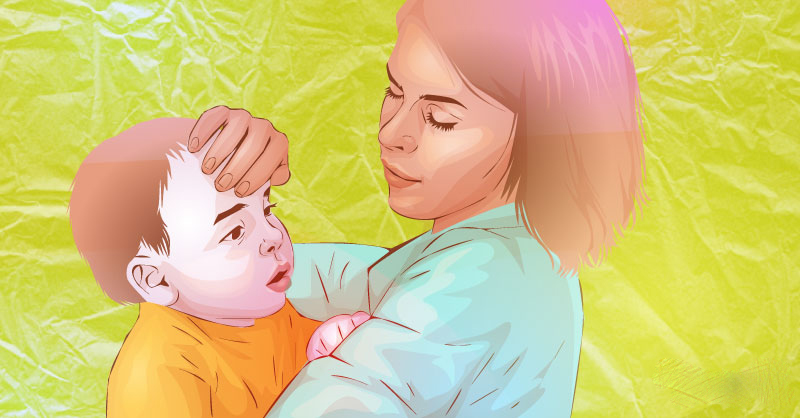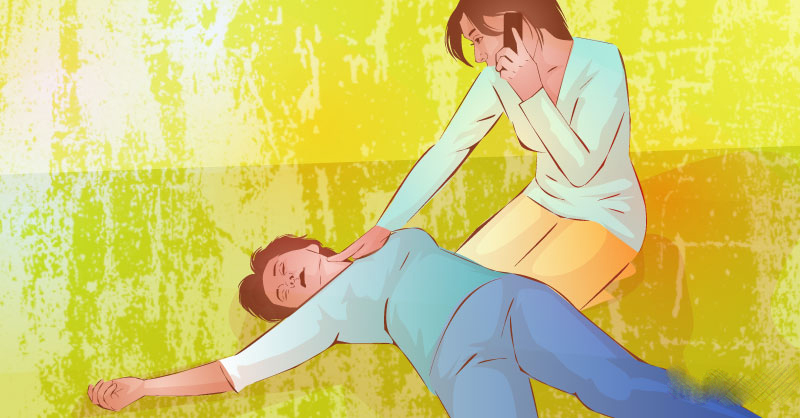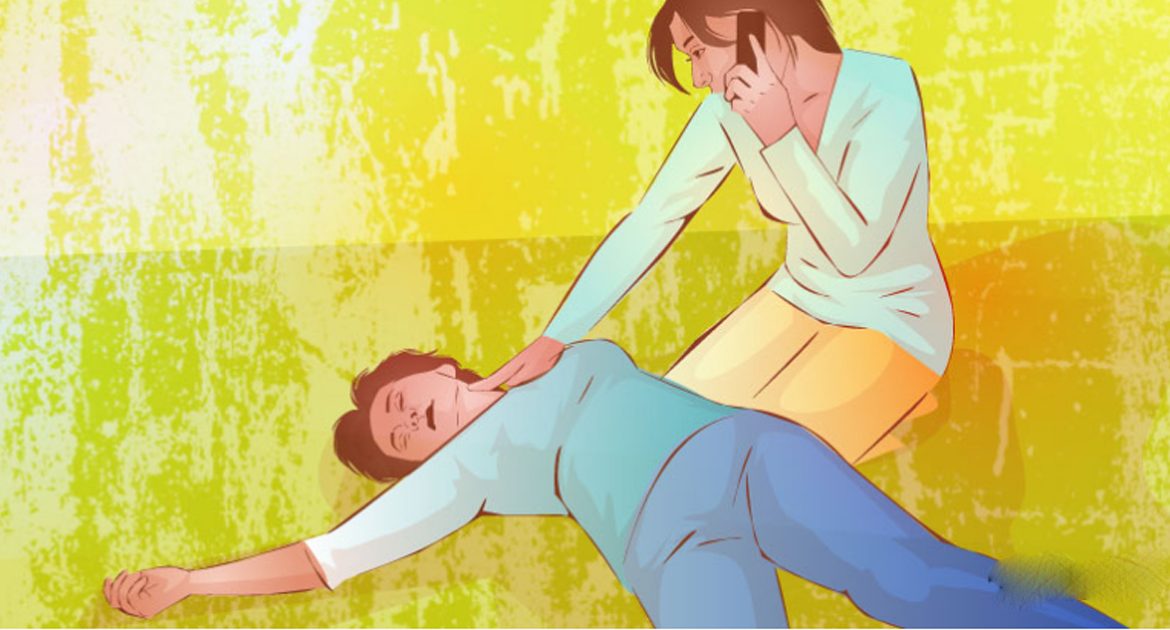Influenza, or the flu as it is commonly referred to, is a disease caused by a virus. Influenza virus is highly infectious, and every year millions of people suffer from the illness. The majority of cases see people recovering from the sickness in a matter of days. Most people regard the flue as non-threatening, even though it causes almost 500,000 deaths per year around the world. This dark statistics should be enough for people to learn if the flu has complicated and if they should immediately seek medical care.

Symptoms of the flu
As you probably know, symptoms of the flu look a lot like a common cold. However, they are somewhat more severe and usually appear 1–4 days after a person gets infected. They include the following:
- coughing;
- fever;
- headache (note the difference from a migraine);
- aching throat;
- unsettling chills;
- muscle pain;
- congestion.
Flu vaccines can prevent certain strains of flu, but once you are infected, there isn’t much you can do except relieve the symptoms. Drinking fluids (especially hot water) and resting for a few days are probably your best choices.
Risk groups
Most people can easily fight off the flu on their own after a couple of days, even though some of the symptoms might linger for a week or two. There are, however, groups that can develop complications from the disease and may require emergency care. They include:
- newborn babies and toddlers up to the age of five;
- seniors over 65;
- pregnant women;
- people with a weak immune system;
- patients with heart and lung diseases.

Signs that require immediate medical attention
Influenza can lead to potentially catastrophic consequences, such as pneumonia, bronchitis, and life-threatening acute conditions. Therefore, it is imperative to notice the sings and consult a trained physician. Note that pets can also suffer from the flu, but there are ways to prevent the infection in dogs.
If you or any of your family members show any of the signs listed below, please seek emergency medical care.
If your child is ill with the flu, be aware of the following signs and either take them to an emergency room or call 911. The warning symptoms are:
- short breaths or problems with breathing;
- skin color turning blue;
- the child is non-responsive;
- highly irritated child (i.e., doesn’t want to be held);
- child not drinking fluids;
- not urinating;
- lack of tears while crying;
- severe vomiting;
- disappearing symptoms that return with a fever and an even worse cough.

In case of an adult suffering from the flu, watch out for the following signs of complications:
- problems with breathing and shortness of breath;
- pressure or pain in the chest and abdominal area;
- the person is confused and disorientated;
- persistent vomiting;
- dizziness;
- disappearing symptoms that return with a fever and an even worse cough.
In case of both children and adults, carefully monitor the temperature and proceed to call a doctor if it doesn’t go below 102 F° (39 C°) even with medication. Also, check for rashes that don’t go away after you press a finger on it, as well as any neck swelling.
Please, note that people who don’t have any severe symptoms but aren’t getting any better after four days, or still have a fever after seven days, should also seek medical care immediately.





